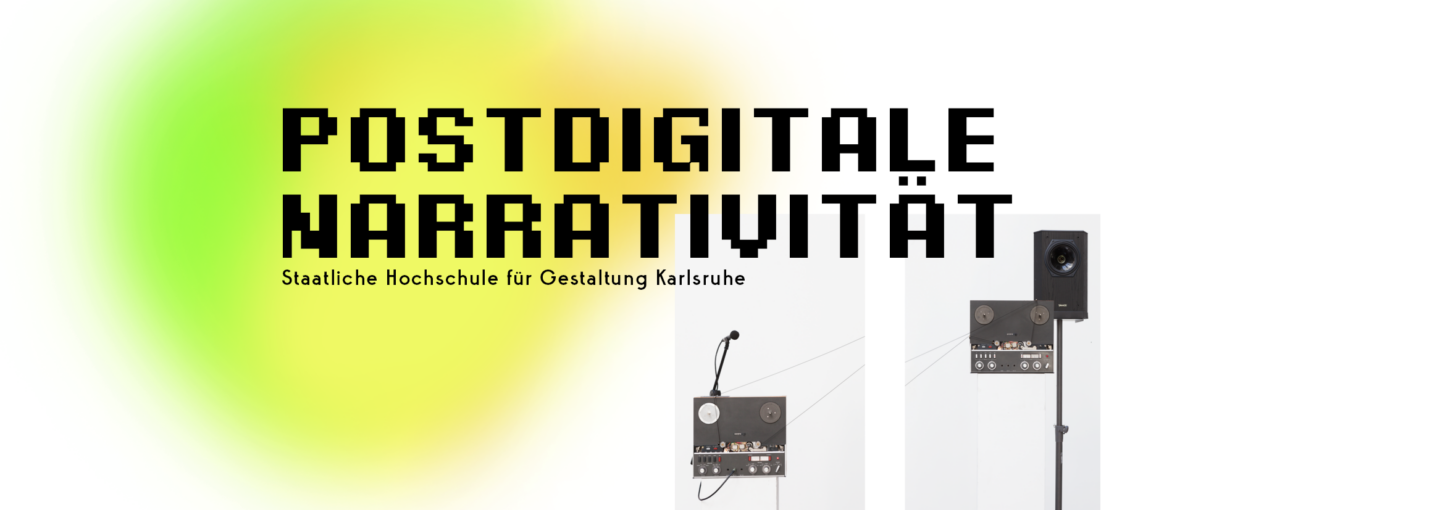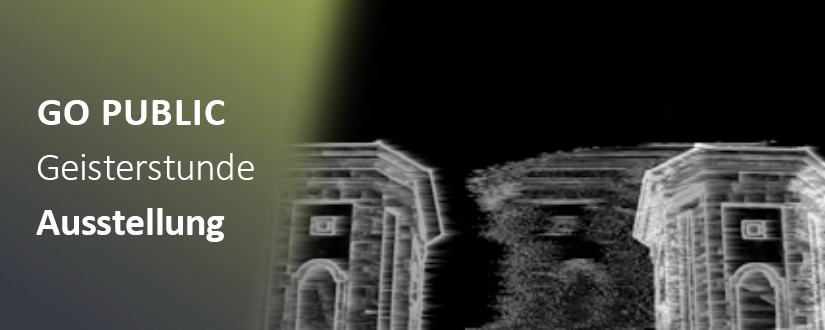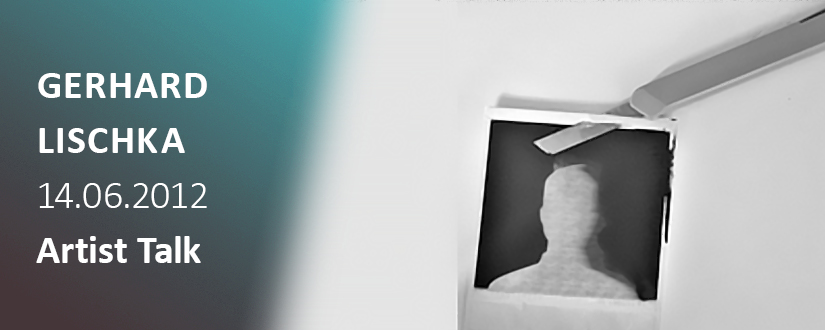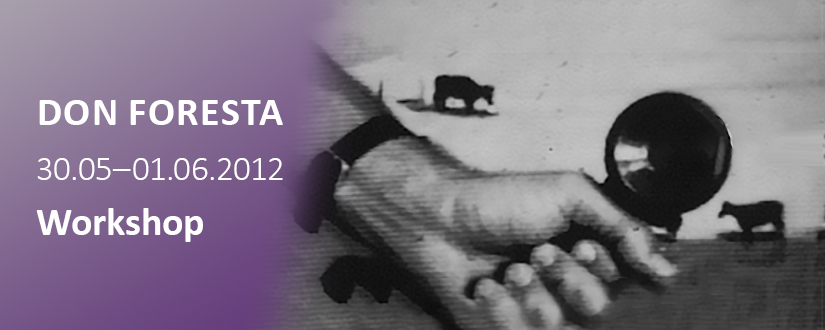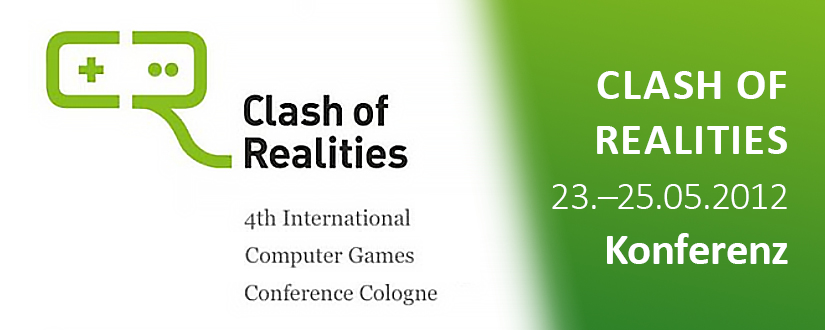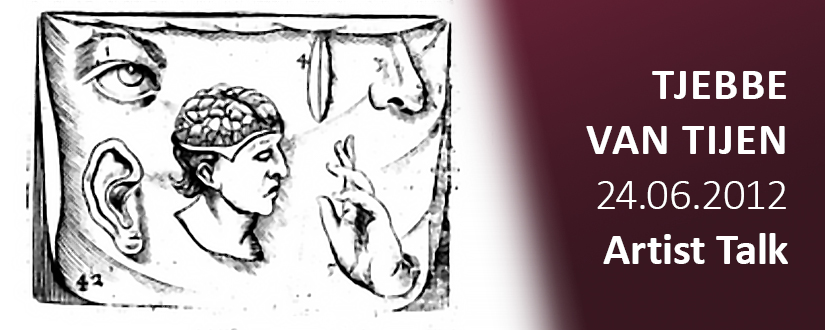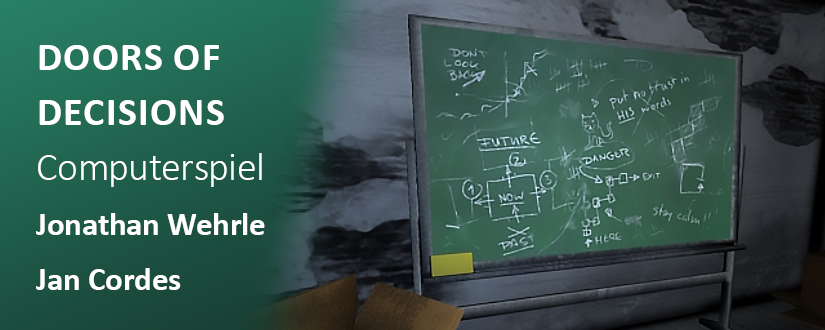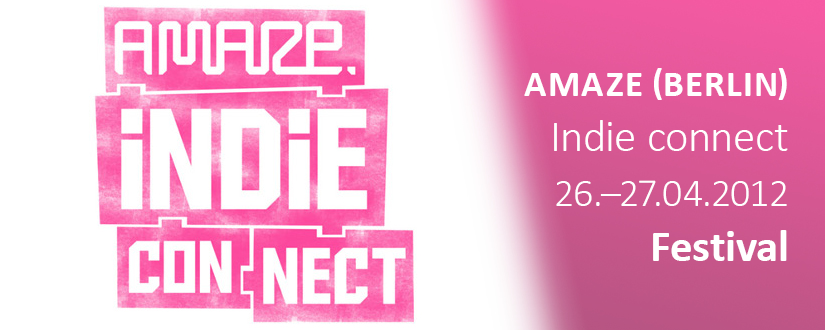Am 24. Juni 2012 um 11.00 Uhr hält Tjiebbe van Tjien einen Vortrag über seine künstlerische Arbeit. Die Veranstaltung findet im Raum 323 (Entropia) statt.
http://www.imaginarymuseum.org/
Der Vortrag ist für alle offen für alle Fachbereiche. Im Anschluss an dem Vortrag wird Tjebbe van Tijen um 14 Uhr beim Spazierseminar partizipieren.
_ _ _ _ _ _ _ _ _
English version
On the 24th of June, 2012 at 11.00 o’clock Tjiebbe van Tjien holds a talk on his artistic work. The event takes place in the room 323 (Entropia).
http://www.imaginarymuseum.org/
The talk is open for everybody of every department. After the talk Tjebbe van Tijen will participate at 14 o’clock during the walking seminar.
Strolling & Scrolling
–are ways of animating a continuous series of signs and pictures into a story. It is either the spectator that moves along the images or the other way around: a pilgrim walking and ‘reading’ along the friezes and tableaus of temples. Angkor Watt in Cambodia, or the Borobudur in Java. The faithful reading bible stories from the frescoes on the walls and ceilings of European churches. An Asiatic scholar unrolling a scroll with one hand and rolling it with the other, thus bringing into view a shifting poetic landscape of pictures and signs. The narrator of the Indonesian Wayang Beber, who shows, sings and tells a painting on a roll to his audience. A congregation of citizens of the French town of Bayeux witnessing in their church the yearly unrolling of seventy meters of embroidered tapestry depicting a historical battle. Visual narrative media (not only sculpted but also on bark, silk and paper scroll) are a product of story telling. They become memory devices that fix these stories in signs and images, allowing for variating ways of telling. Telling by a mediator: a shaman, priest, dalang, bhopo, benshi, Bänkelsänger, cantastorie, and many more singers and narrators, as they exist in many cultures. The original meaning of certain ancient visual narrative documents may have been lost, though there are serious attempts to reconstruct what may have been the original intend, like with Meso-American friezes and murals. From such a historical perspective I will look forward to present day digital media and how many principles of the past can be significant and inspirational for our practice now. Some examples of my work with scrolls over a few decades will be shown, ranging from hand-scrolls to immersive projection environments. Another example is a recent work in progress for the School of Creative Media in Hong Kong, with a thirty meter long learning mural with a panoramic digital collage that functions both in an aesthetic way and as a learning tool. This last project shows ‘a panorama of cinematic and scenographic principles’ which can be discovered in documentary detail by using an intelligent mobile phone or a tablet computer. Image recognition will trigger over one hundred elements in the mural that refer to quotations and multiple library sources, for further study. A blog space will be connected as well for comments and social exchange on specific details of the mural.
